Search
Did you mean: Levant?
Search Results
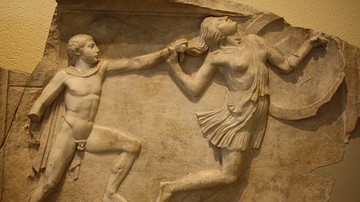
Definition
Amazon Women
In Greek mythology, the Amazons were a race of warlike women noted for their riding skills, courage, and pride, who lived at the outer limits of the known world, sometimes specifically mentioned as the city of Themiskyra on the Black Sea...
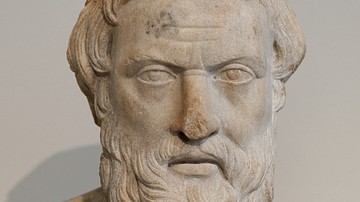
Definition
Herodotus
Herodotus (l. c. 484 – 425/413 BCE) was a Greek historian famous for his work Histories. He was called The Father of History by the Roman writer Cicero, who admired him, but has also been rejected as The Father of Lies by critics, ancient...
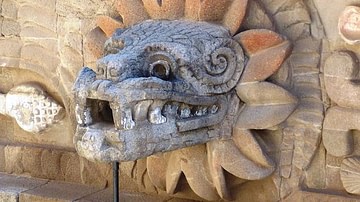
Definition
Quetzalcóatl
Quetzalcóatl (pron. Quet-zal-co-at) or 'Plumed Serpent' was one of the most important gods in ancient Mesoamerica. Quetzalcóatl was the god of winds and rain, and the creator of the world and humanity. A mix of bird and rattlesnake, his name...

Definition
Elizabeth I of England
Elizabeth I reigned as queen of England from 1558 to 1603. Her 44-year reign was so long and packed with momentous events that the second half of the 16th century is now known as the Elizabethan era and still regarded as a 'Golden Age' for...
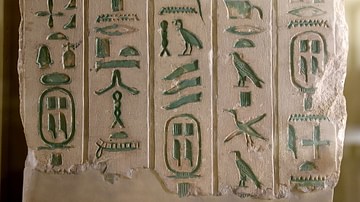
Definition
Ancient Egyptian Writing
Ancient Egyptian writing is known as hieroglyphics ('sacred carvings') and developed at some point prior to the Early Dynastic Period (c. 3150 -2613 BCE). According to some scholars, the concept of the written word was first developed in...
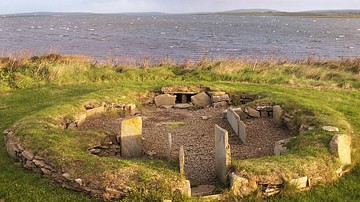
Definition
Neolithic Period
The term Neolithic Period refers to the last stage of the Stone Age - a term coined in the late 19th century CE by scholars which covers three different periods: Palaeolithic, Mesolithic, and Neolithic. The Neolithic period is significant...
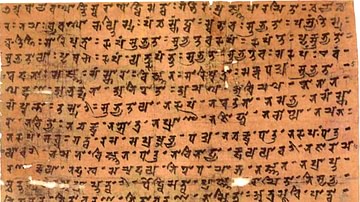
Definition
Sanskrit
Sanskrit is regarded as the ancient language in Hinduism, where it was used as a means of communication and dialogue by the Hindu Celestial Gods, and then by the Indo-Aryans. Sanskrit is also widely used in Jainism, Buddhism, and Sikhism...
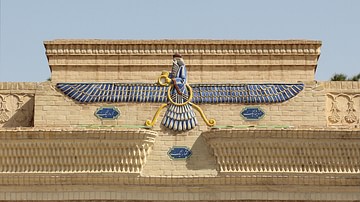
Definition
Zoroastrianism
Zoroastrianism is the monotheistic faith established by the Persian prophet Zoroaster (also given as Zarathustra, Zartosht) between c. 1500-1000 BCE. It holds that there is one supreme deity, Ahura Mazda (Lord of Wisdom), creator and sustainer...
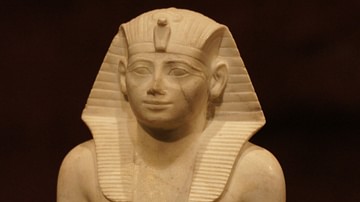
Definition
Thutmose III
Thutmose III (also known as Tuthmosis III, r. 1458-1425 BCE) was the 6th king of Egypt's 18th Dynasty, one of the greatest military leaders in antiquity, and among the most effective and impressive monarchs in Egypt's history. His throne...

Definition
Jesus Christ
Jesus Christ is the designation of Jesus of Nazareth (d. c. 30 CE), who was an itinerant Jewish prophet from the Galilee in northern Israel. He preached the imminent intervention in human affairs by the God of the Jews, when God would establish...